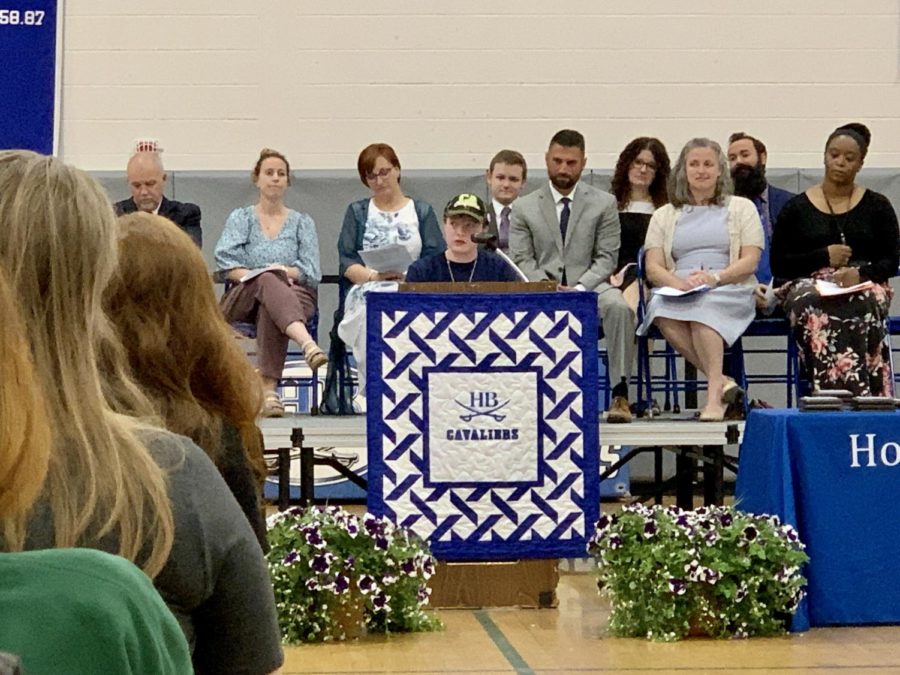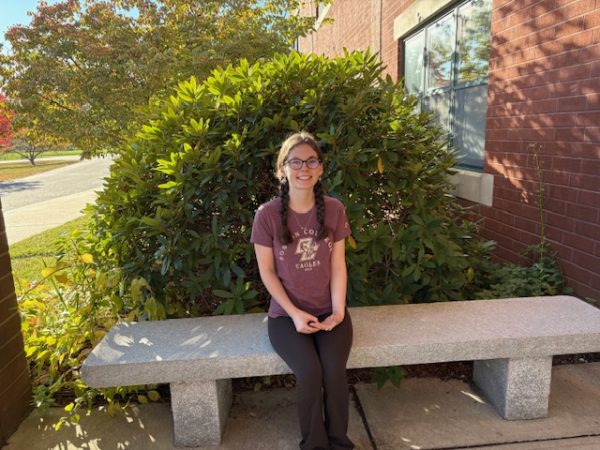As many students may have noticed, there has been a recent absence of available Cav-Blocks. This year several teachers have to go without a Cav-Block at HBHS since they have been put in charge of managing one of the study hall periods, which means that these teachers’ students don’t have access to the one-on-one help they might need, which was typically provided during Cav-Block in the past.
One of the teachers without a Cav-Block is Heather Hamilton, who teaches AP Lang, Journalism and Business Writing. In order to combat not having her own space during Cav-Blocks for her students to come in and get the help they need, she has redirected her AP Lang students to Michael Fox’s Cav-Block.
Although this appears to be a good solution, there’s some concern for how it will work in the long term. Fox said, “So far it’s not been an issue, only one student has come in. But I suspect once writing comes in and they need to conference with her it’s going to be tricky. I taught AP many years ago, so I can help some. But it’s a poor substitute.”
Fox explained why not having a Cav-Block could be difficult not only for her students but also for Hamilton.“It’s going to put a strain on her since at some point in the year, she’ll probably come to my Cav-Block to help her students, even though it’s her prep period,” he said.
Fox is able to sympathize with Hamilton’s situation since last year he had to manage a study instead of getting to have a Cav-Block. Although he said the study hall itself was easy to manage, he did say that not having the opportunity for one-on-one help was problematic. He went on to say “Every teacher should have a Cav-Block to supply the help students are going to need. Although I can help a number of students since I taught AP, I’m no substitute for the teacher who’s going to assign the work and grade the work.”
Cav-Block has been shown to be such an important part of HBHS’s structure and really adapted into the way teachers teach and their relationship with their students. Fox said that “Part of the problem, which could have been me not listening, was never hearing a reason why we changed up the system and why we felt like we needed to have teachers observe studies. I have no problem with change if it’s for a good reason. But change without a reason just makes me uncomfortable.”
Administrator Yolanda Flamino provides some insight as to why, when she said, “A big reason for study halls being by teachers is to build the connections and manage the space. With subs there was a lot of flow in and out of the space. But the push behind it is to create connections with students,” Flamino also said that they wanted to have teachers have the chance to build connections with students in different ways and with students they might not already know.
Christina Ellis, who teaches AP World History, is one of the teachers who doesn’t have a Cav-Block this year. She said that she may interact with students, many of whom she already knows, in her study hall while signing passes, but that she feels as though she had more opportunities to build relationships with students during her Cav-Block. Especially since Cav-Block gave her the opportunity not only to become more familiar with her own students, but also their friends who she didn’t teach who would occasionally come to her Cav-Block.
Ellis’ connection with her own students is what allowed her to work with them so well during Cav-Block to do one-on-one conferences for rewrites. Now she is no longer able to do rewrite conferences during Cav-Block, so instead of having personalized conversations with the students who need extra help she has resorted to using a written out “cheat-sheet” with common mistakes on it, to help guide her students when she doesn’t have the time to do conferences during class.
Similarly to Hamilton, Ellis has directed her students to another teacher’s Cav-Block, this teacher being Mannat Sidhu, a social studies teacher who is qualified to teach WHAP. However Sidhu has never taught WHAP before. Ellis also expressed concern about her students being less comfortable and more hesitant to ask Sidhu for help, since she’s not their teacher and she’s never taught the class.
The teachers who don’t have Cav-Blocks are adjusting to keep their students’ best interest in mind. Similarly to how the administration tried to pick the teachers who would have study halls based on students’ best interest. Flamino said, “We didn’t pick teachers who had study halls last year and then we tried to be even across the different departments.”
The study halls being assigned evenly across different departments was meant to ensure that there would always be a teacher familiar with the subject to help students if they really needed it.
However, in addition to Hamilton and Ellis, many other AP teachers have also been deprived of Cav-Blocks this year, including Matthew Portu who teaches AP Psych, Alexander Basbas who teaches AP Spanish, Madame Faucher who teaches AP French, Cory Kaufold who teaches AP US History, and Devin Fauteux who teaches AP Computer Science.
It’s still very early in the year to see if not having certain teachers have Cav-Blocks will cause issues, but it’s clear teachers are putting in extra effort to make up for the loss of not having Cav-Blocks, which they hope will be enough to help their students




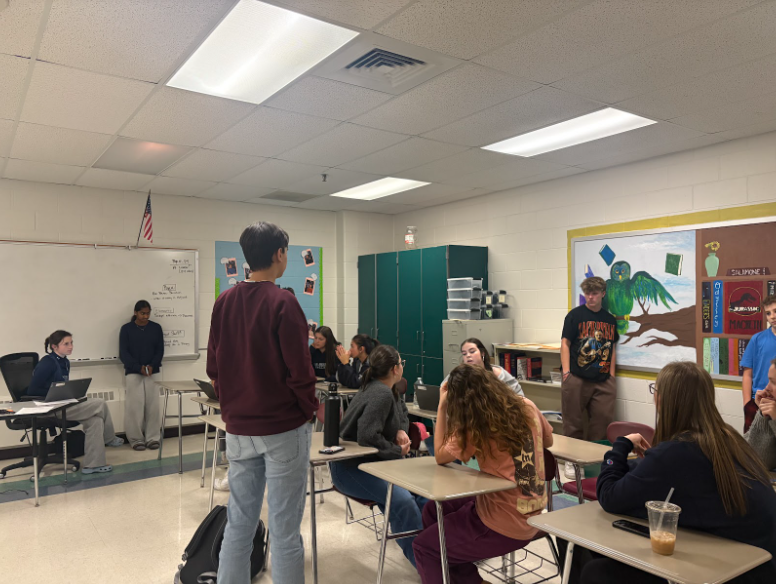

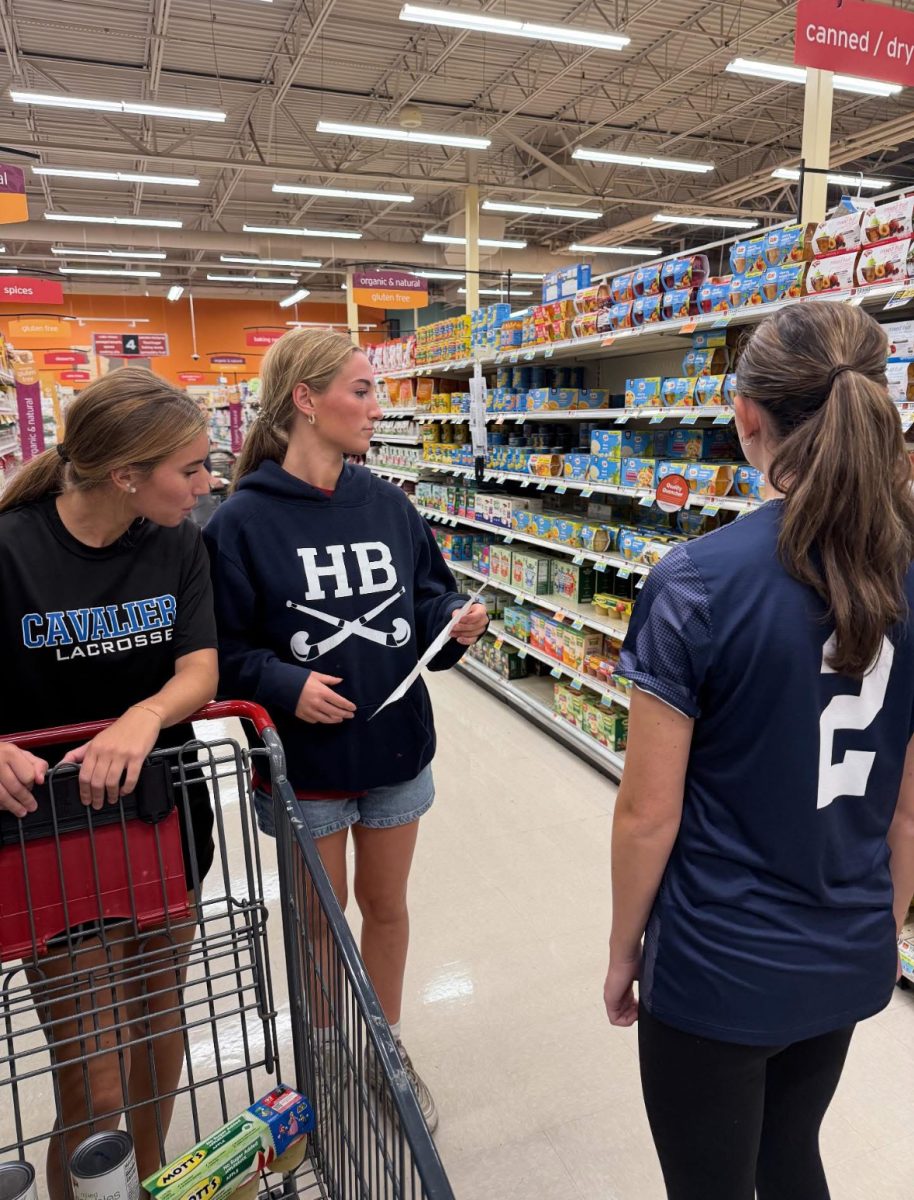

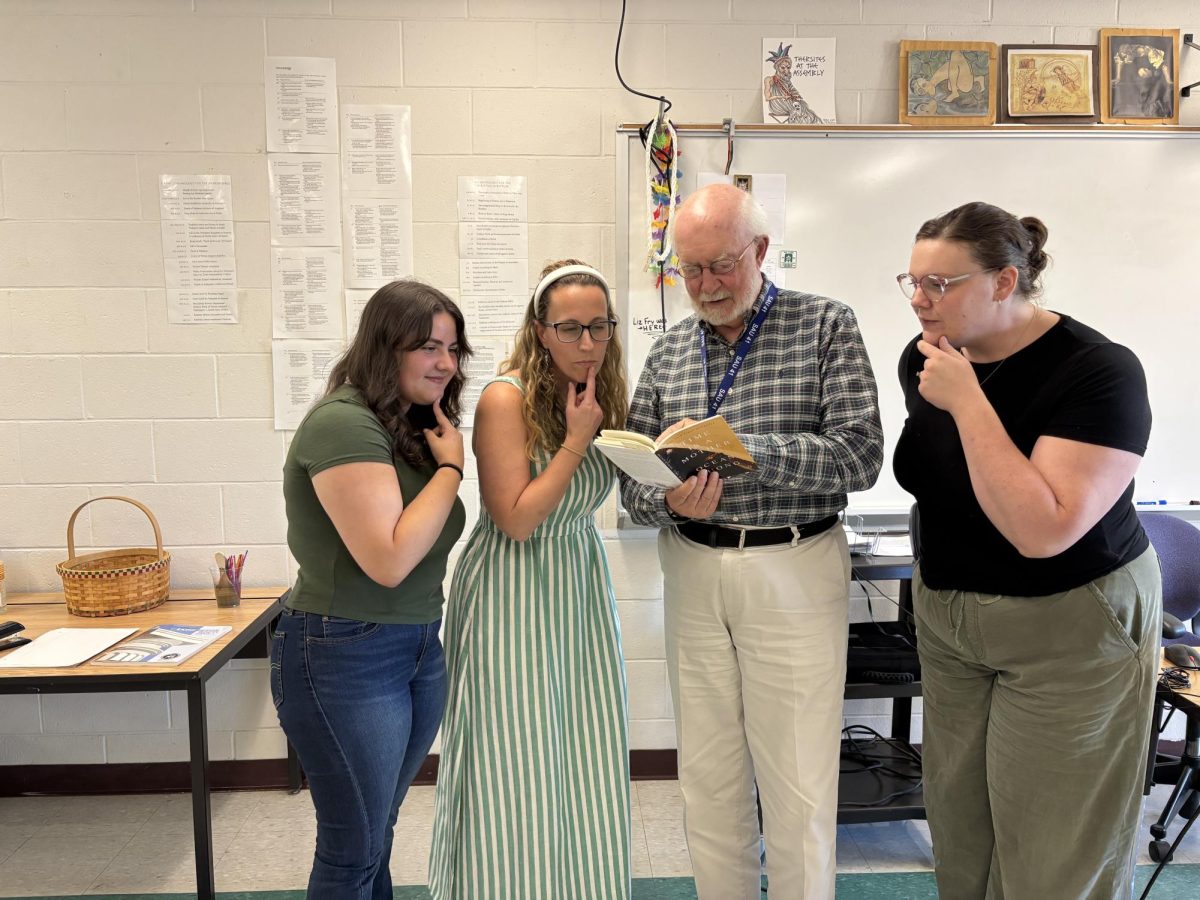



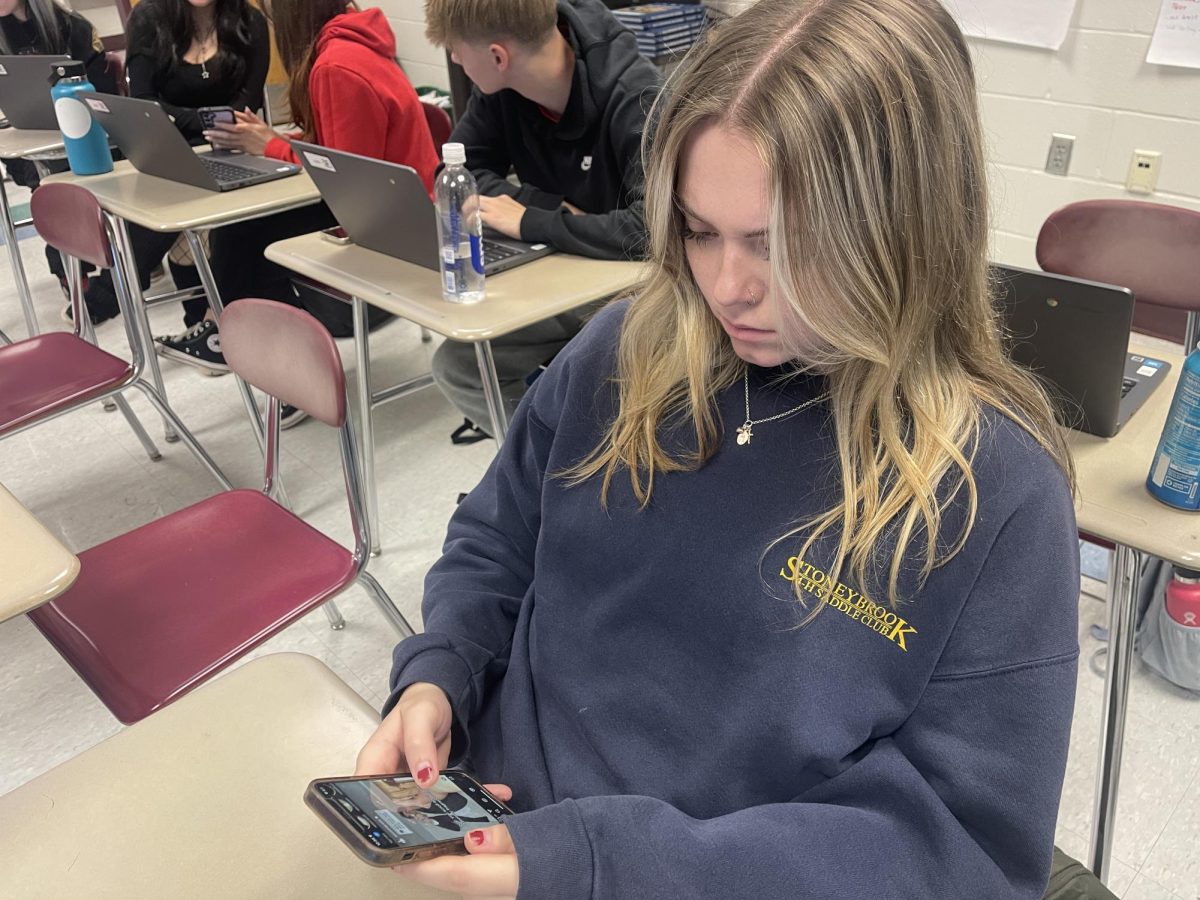

![Hades’ main character, Zagreus. Players use Zagreus to navigate the underworld and make progress, fighting monsters and interacting with other characters from Greek mythology. “I relate to [him] on a very personal level,” says an anonymous junior. (Image courtesy of Supergiant Games)](https://cavchronline.com/wp-content/uploads/2024/10/You-Need-To-Play-Hades.jpg)
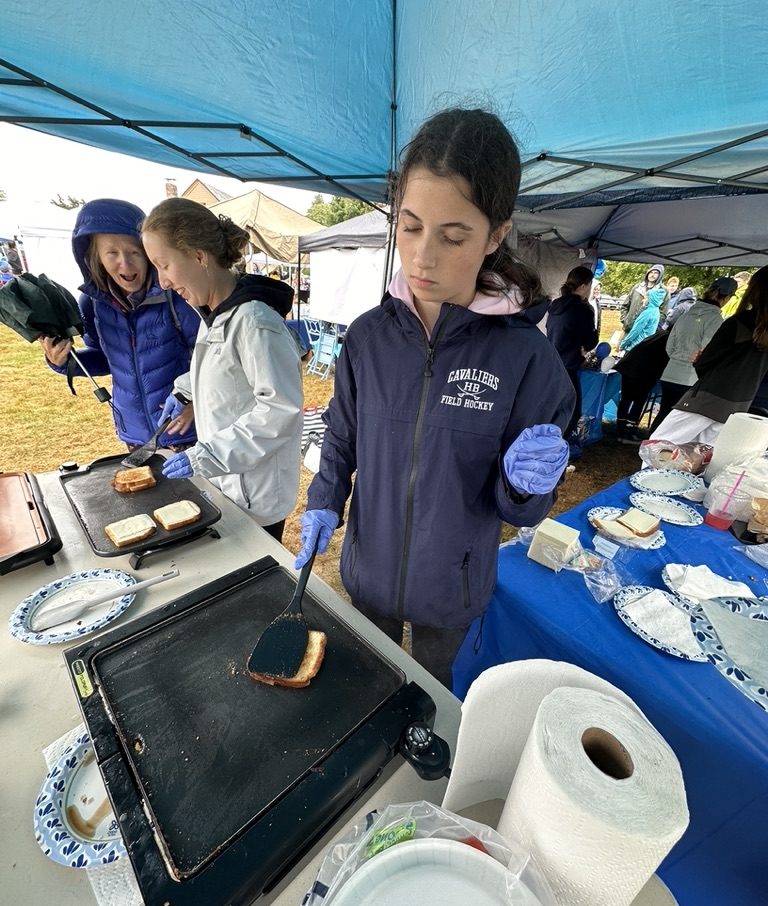
![Students in Archaeology use tools in a mock excavation. As a class that focuses on hands-on learning, students are able to gain crucial life skills. “[The class] is more hands-on than I thought, and I'm learning way more with physical activities than I do in the classroom,” said student Tess Brown ‘25.](https://cavchronline.com/wp-content/uploads/2024/11/IMG_8390-e1733078359165-1111x1200.jpg)



